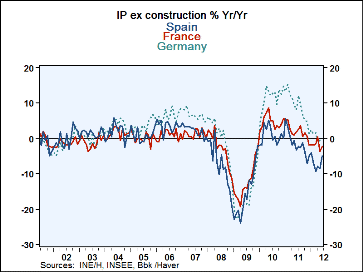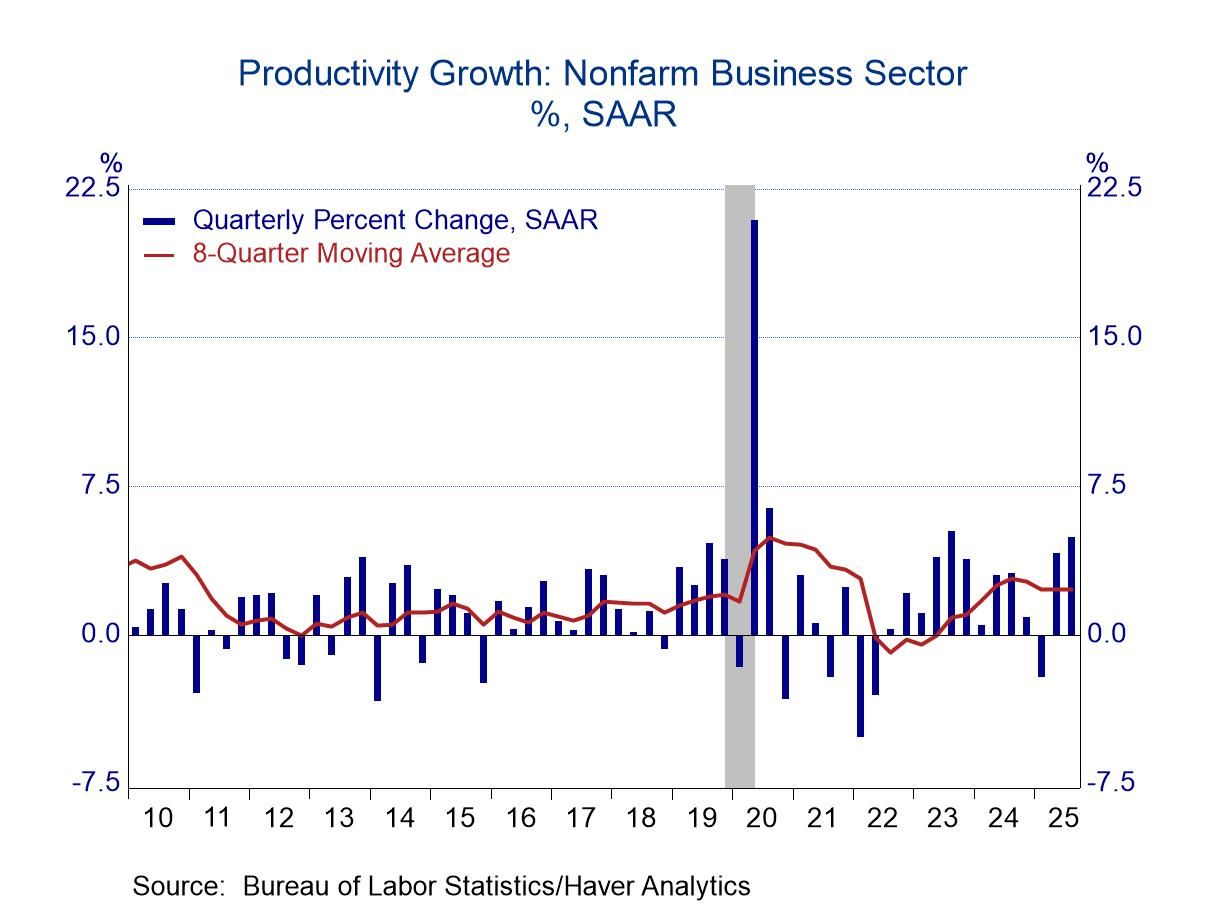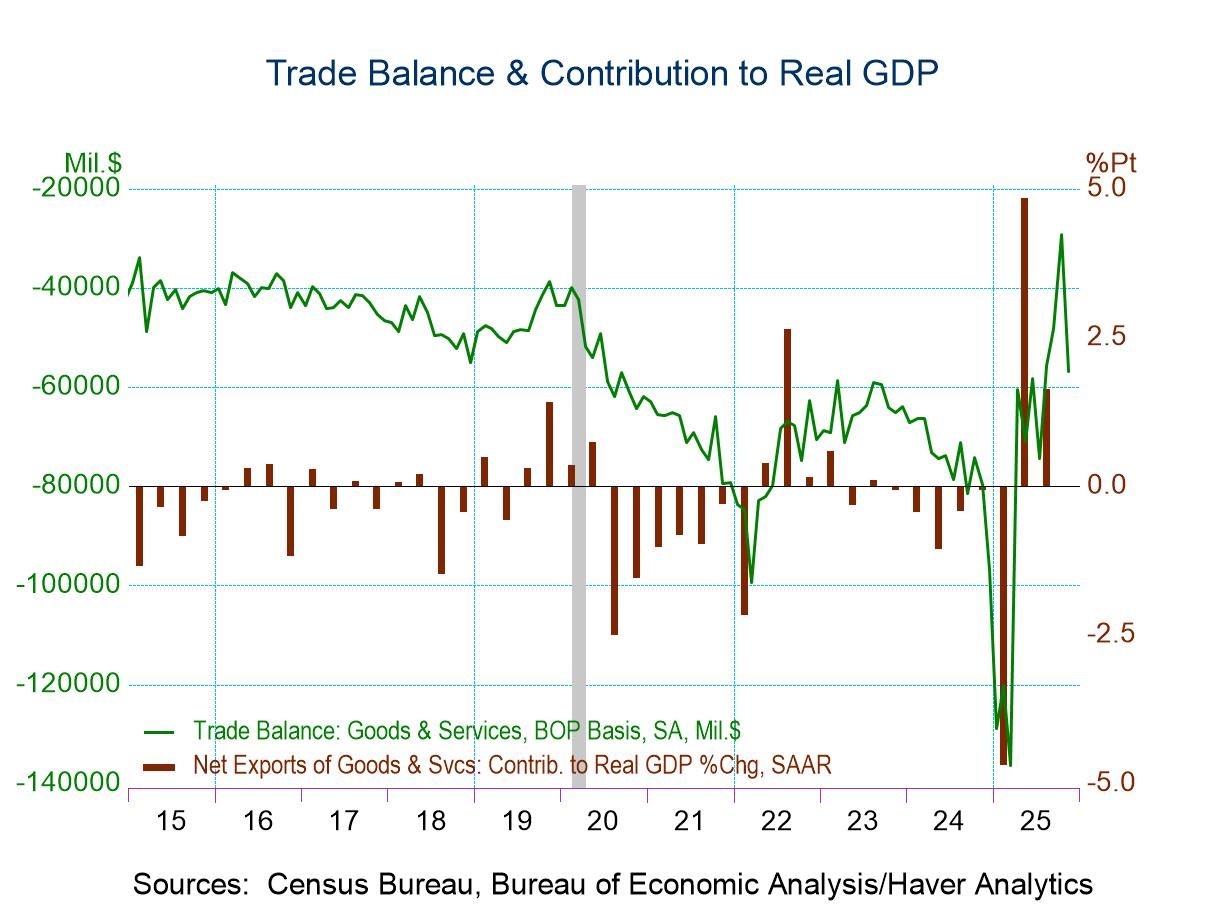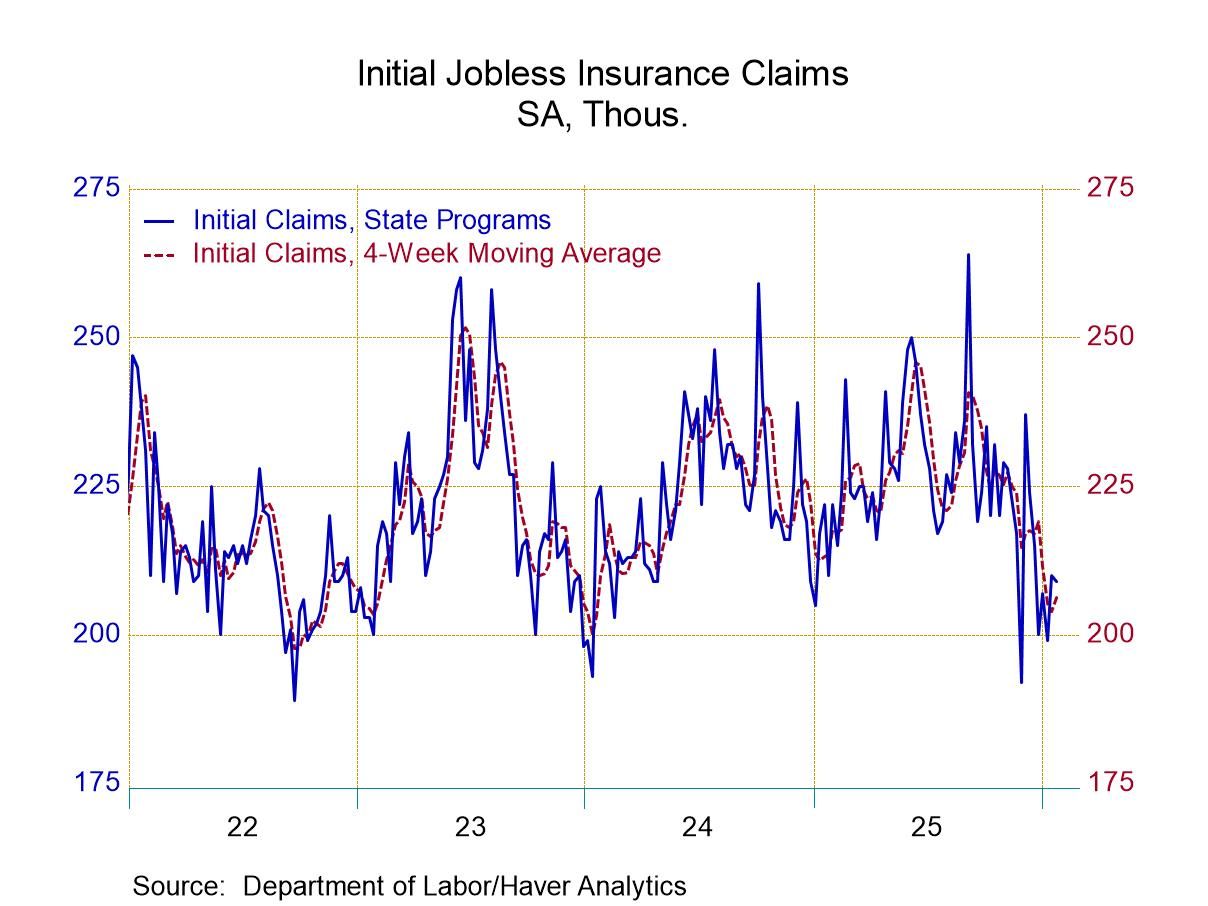 Global| Aug 10 2012
Global| Aug 10 2012No Wonder That Worries About German Growth Intensify
Summary
While Industrial output in the Zone has been slowing or contracting on a broad front for some time the most dramatic slowdown has been in Germany. For a while it was just German IP growth falling from very rapid rates of growth down [...]
 While Industrial output in the Zone has been slowing or contracting on a broad front for some time the most dramatic slowdown has been in Germany. For a while it was just German IP growth falling from very rapid rates of growth down to something that might have been more sustainable. But that the slowdown has continued. German IP is now down in two of the last three months. If is falling at an annual rate of -5.1% over three months and it is lower year/year for the third month in a row.
While Industrial output in the Zone has been slowing or contracting on a broad front for some time the most dramatic slowdown has been in Germany. For a while it was just German IP growth falling from very rapid rates of growth down to something that might have been more sustainable. But that the slowdown has continued. German IP is now down in two of the last three months. If is falling at an annual rate of -5.1% over three months and it is lower year/year for the third month in a row.
In the group of countries in the table only Spain Ireland and Greece do not have IP declines over the last three months. Germany, Ireland, Greece and Portugal show six month increases. Over 12- months only Irish GDP is higher.
The trends are pretty clear. The recent IP growth exceptions are mainly from countries with a lot of austerity. Ireland has really been the surprise economy and has bitten the bullet in times of stress and shown remarkable resilience but there is no evidence that is a workable model of other austerity countries. The sporadic rises in IP elsewhere, reflects no new trends.
Ireland is the exception. Growth in the rest of the austerity-ridden world in EMU is faltering. While Portugal or Greece might show a month or so of growth there is no sense that either has turned the corner. Spain’s IP is volatile but its -8.6% year/year drop tells the true story of its trend. It is still under great pressure from regional as well as national debt.
The gnawing weakness in the rest of the Zone and cloying demand for more and more German resources to be put to work on behalf of weak Zone members at a time that increased ECB involvement is already putting Germany at a greater risk, has for the most part gone unnoticed. But Germany has been steadily and surely undermined by the demands that have been placed upon it as well by the fate of the neighborhood in which it resides. Its data are beginning to show the strain. What will become of the EMU situation and its demands when the German economy does not look like it is able to back-stop things anymore? That is becoming a relevant question.
May-12
Apr-12
Robert Brusca
AuthorMore in Author Profile »Robert A. Brusca is Chief Economist of Fact and Opinion Economics, a consulting firm he founded in Manhattan. He has been an economist on Wall Street for over 25 years. He has visited central banking and large institutional clients in over 30 countries in his career as an economist. Mr. Brusca was a Divisional Research Chief at the Federal Reserve Bank of NY (Chief of the International Financial markets Division), a Fed Watcher at Irving Trust and Chief Economist at Nikko Securities International. He is widely quoted and appears in various media. Mr. Brusca holds an MA and Ph.D. in economics from Michigan State University and a BA in Economics from the University of Michigan. His research pursues his strong interests in non aligned policy economics as well as international economics. FAO Economics’ research targets investors to assist them in making better investment decisions in stocks, bonds and in a variety of international assets. The company does not manage money and has no conflicts in giving economic advice.






